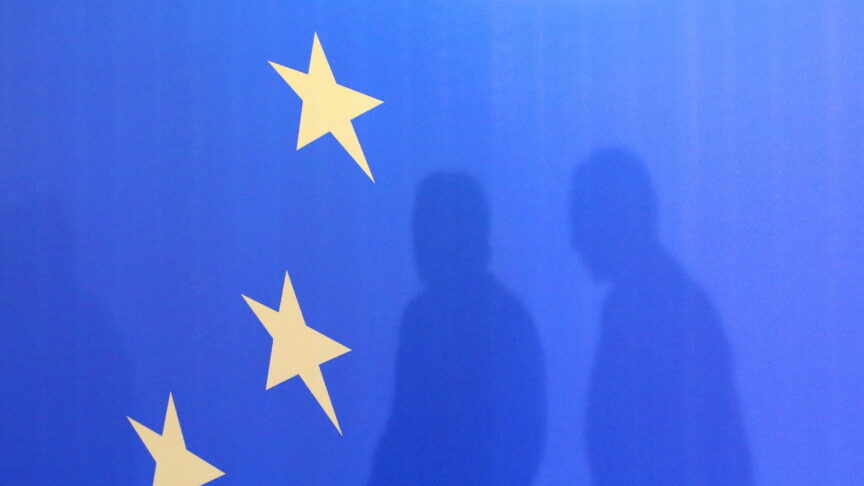
Rough seas: A scorecard of the EU’s last institutional cycle
As Brussels gears up for the next institutional cycle, it should first take stock of the last five years of EU foreign policy

As Brussels gears up for the next institutional cycle, it should first take stock of the last five years of EU foreign policy
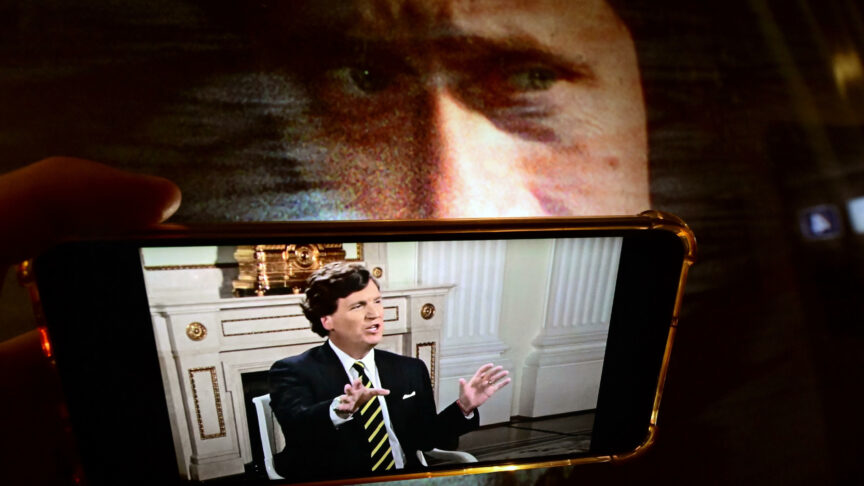
Vladimir Putin’s ramblings to a compliant Tucker Carlson exposed the true motivations for Russia’s war against Ukraine

Amid the ongoing political turmoil and with half of the world’s population going to the polls, the EU needs to prepare for another stormy year
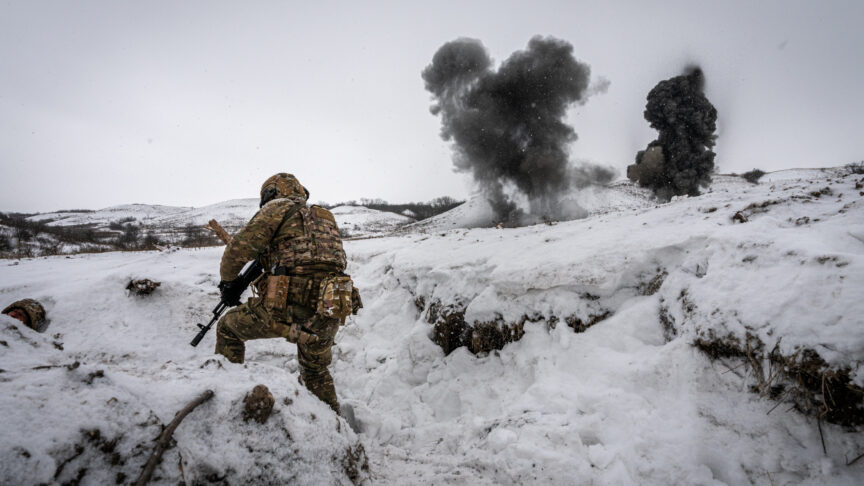
Russia will continue its war on Ukraine for as long as it can. Europeans need to make it clear that their will to support Kyiv will not falter
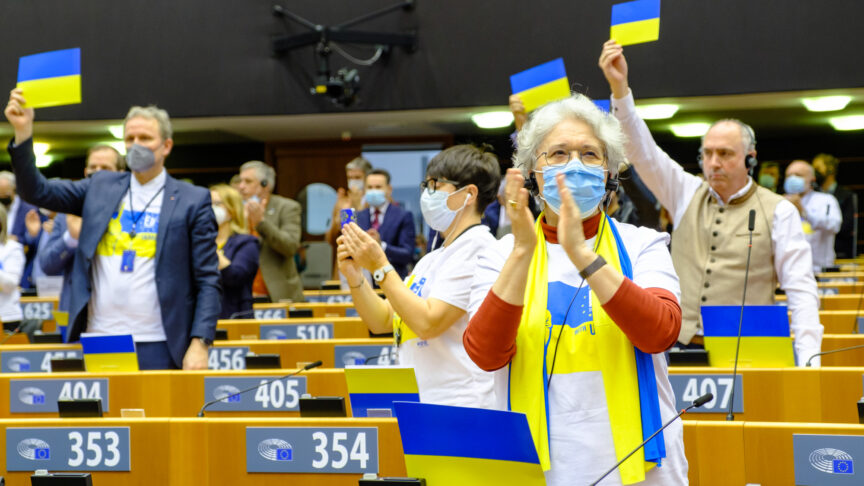
In this age of danger, we will need a strong EU and a strong NATO
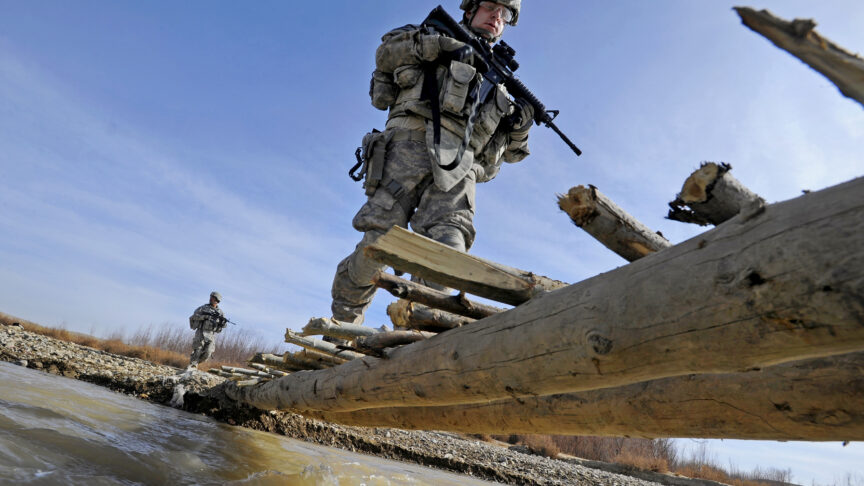
Nothing was inevitable about the Taliban reconquering of Afghanistan. But in the end the US lost what minimal strategic patience it had
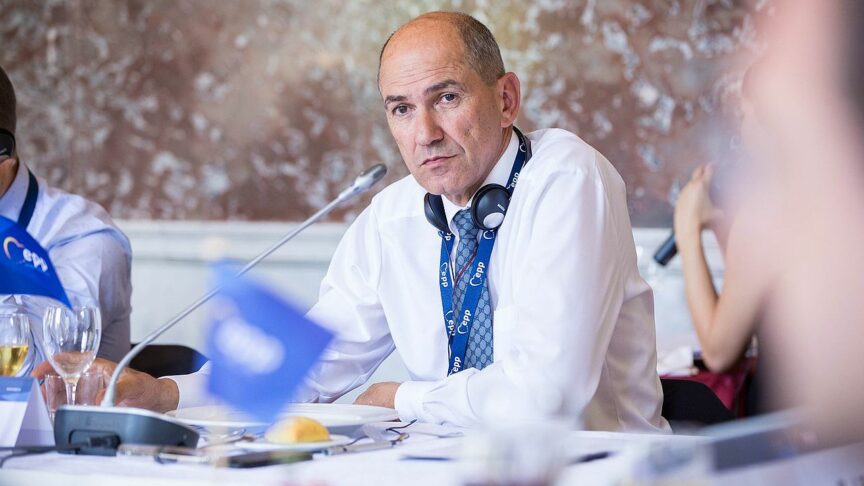
Only a firm framework of integration can bring long-term stability to the Balkans – this is as relevant today as it was in 2003, when EU leaders offered membership to all countries in the region
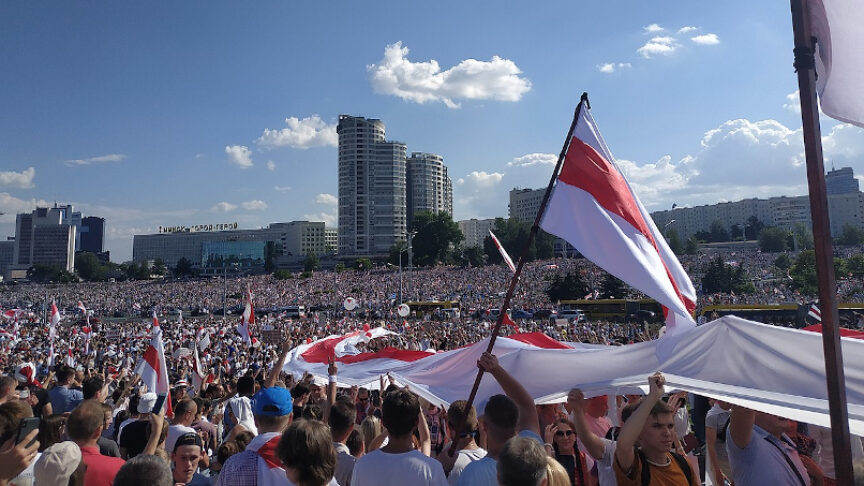
While many Western observers have seized on Ukraine's 2004-5 and 2014 revolutions to understand the mass protests in Belarus, a much better analogy is Armenia's democratic transition in 2018.
The relationship between the EU and India has vast potential in areas ranging from multilateral institutions to global health
The indictment for war crimes against Kosovo President Hassim Thaci helpfully upends the poorly conceived US initiative to reconcile Serbia and Kosovo. But it fatally delegitimates Kosovo’s current leadership
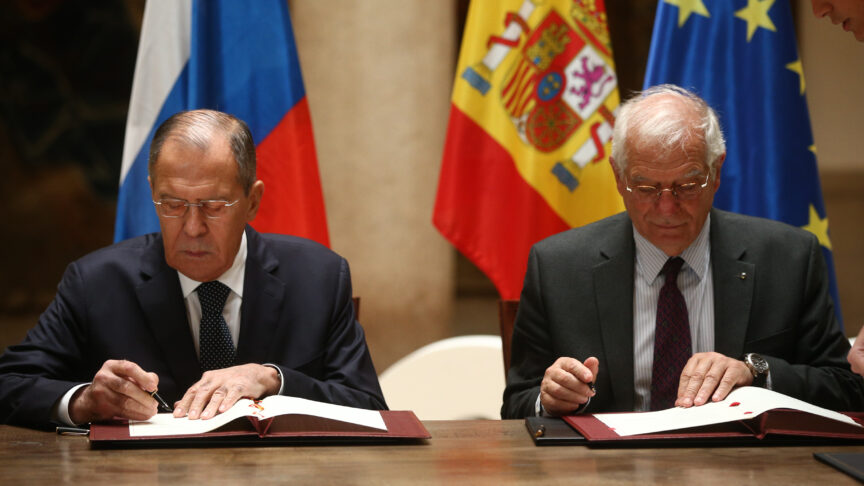
The bloc should reframe how it speaks of human rights and democracy, while developing closer security and military links with select neighbours

The Biden administration’s Interim National Security Strategic Guidance reflects an evolution in US strategic thinking and policy priorities
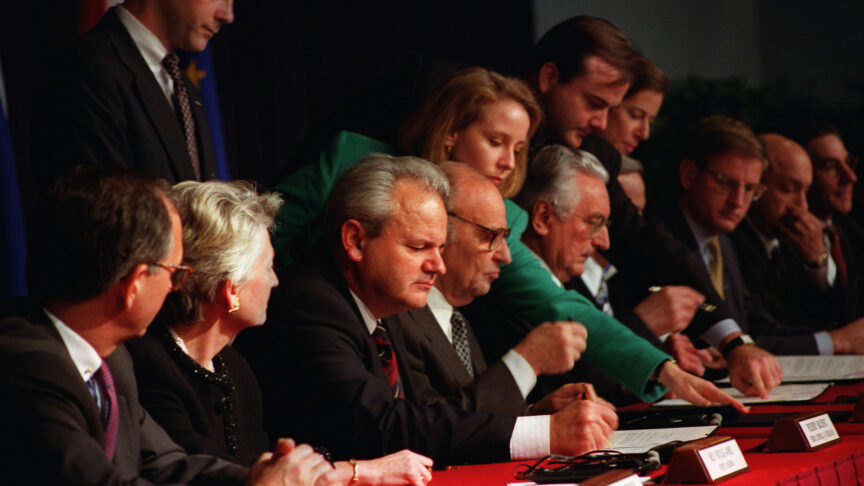
It will be difficult to sustain progress for Bosnia or the region without a credible and clear EU accession process
Introduction The last five years have not been kind to the European Union’s foreign policy. The EU has been less relevant, less active, and less…
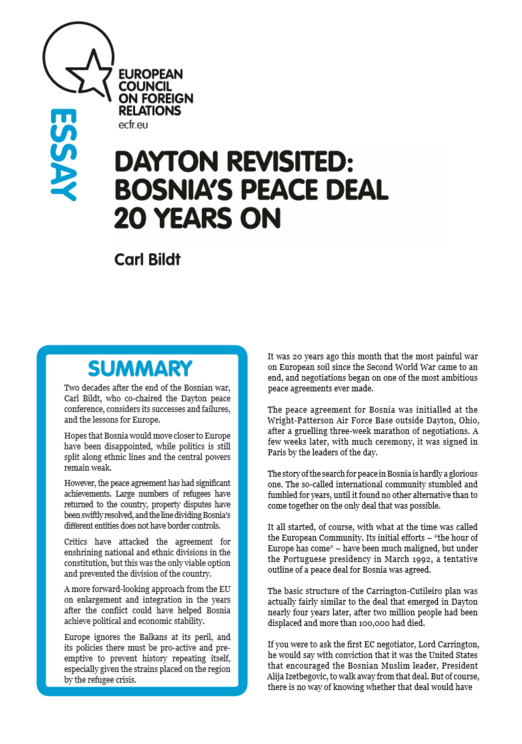
Two decades after the end of the Bosnian war Carl Bildt considers the successes and failures of Dayton

As Brussels gears up for the next institutional cycle, it should first take stock of the last five years of EU foreign policy

Vladimir Putin’s ramblings to a compliant Tucker Carlson exposed the true motivations for Russia’s war against Ukraine

Amid the ongoing political turmoil and with half of the world’s population going to the polls, the EU needs to prepare for another stormy year

Russia will continue its war on Ukraine for as long as it can. Europeans need to make it clear that their will to support Kyiv will not falter

In this age of danger, we will need a strong EU and a strong NATO

Nothing was inevitable about the Taliban reconquering of Afghanistan. But in the end the US lost what minimal strategic patience it had

Only a firm framework of integration can bring long-term stability to the Balkans – this is as relevant today as it was in 2003, when EU leaders offered membership to all countries in the region

While many Western observers have seized on Ukraine's 2004-5 and 2014 revolutions to understand the mass protests in Belarus, a much better analogy is Armenia's democratic transition in 2018.
The relationship between the EU and India has vast potential in areas ranging from multilateral institutions to global health
The indictment for war crimes against Kosovo President Hassim Thaci helpfully upends the poorly conceived US initiative to reconcile Serbia and Kosovo. But it fatally delegitimates Kosovo’s current leadership
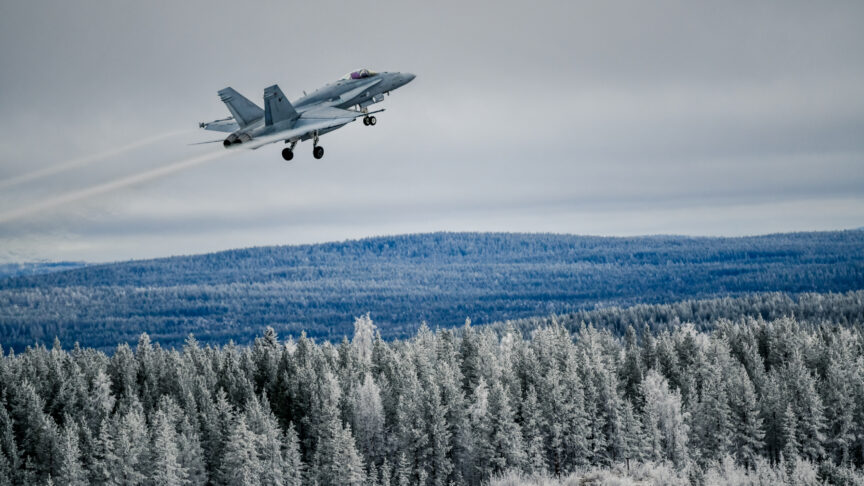
What can Sweden and Finland offer NATO? And are they worried about the Kremlin’s threats to attack their countries?
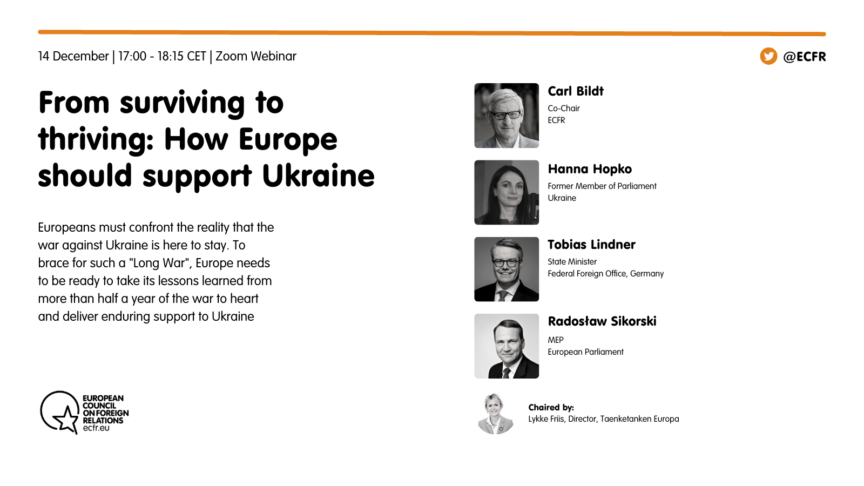
To brace for a “Long War”, Europe needs to be ready to take its lessons learned from more than half a year of the war to heart and deliver enduring support to Ukraine
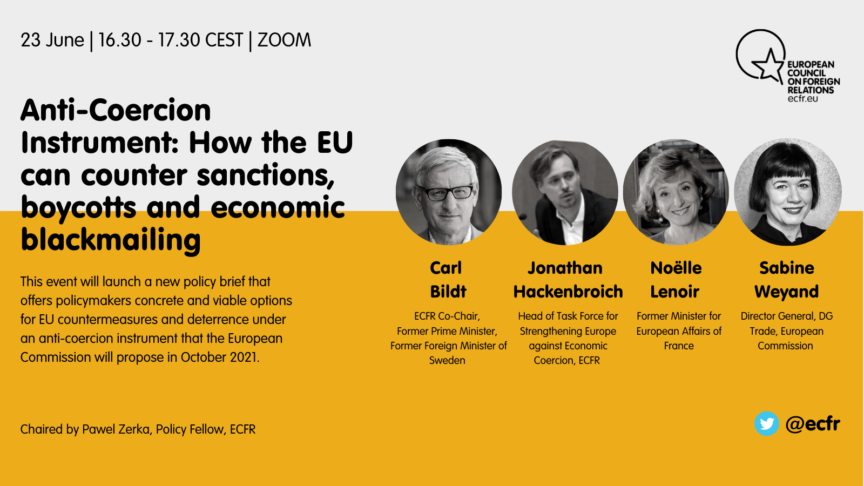
This event is the second webinar in a two-part series on current developments in the global use of economic coercion